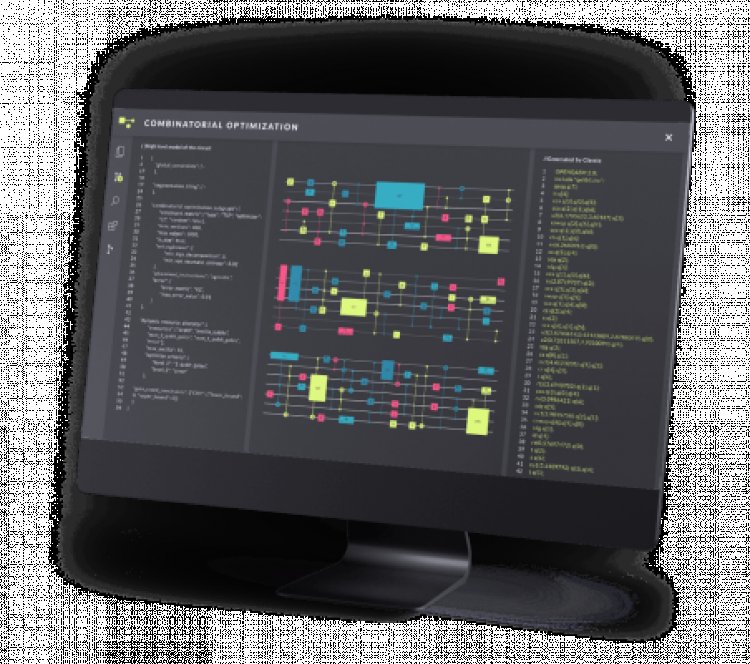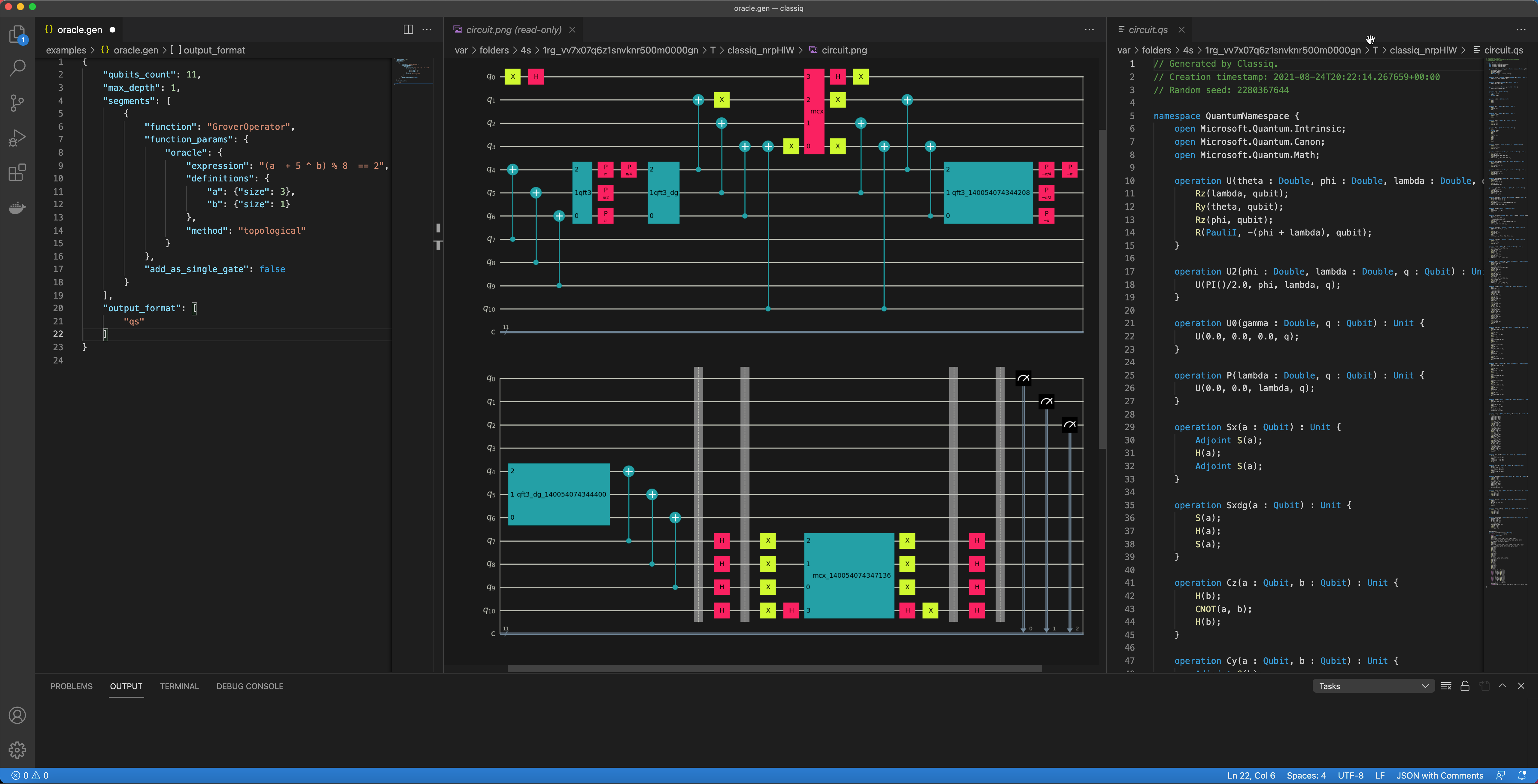Classiq raises additional funding for its quantum algorithm design tools
Tel Aviv-based Classiq, a startup that wants to make it easier for developers to build quantum algorithms and applications, today announced that it has raised additional funding for its service by adding HSBC, NTT Finance, and Intesa Sanpaolo as new investors to its $33 million Series B round, which brings the round to $36 million […]

Tel Aviv-based Classiq, a startup that wants to make it easier for developers to build quantum algorithms and applications, today announced that it has raised additional funding for its service by adding HSBC, NTT Finance, and Intesa Sanpaolo as new investors to its $33 million Series B round, which brings the round to $36 million and the company’s total funding to $51 million.
While this is not a huge extension round, it’s still worth an extra look because it shows how these new strategic investors in the financial services industry are placing early bets on quantum computing and Classiq’s ability to make building quantum software easier.
“In this round, it was important for us to bring in strategic money — money is important, funding is important and this is our way to scale — but also, in this market, strategic partners are important. The common thing for all of these strategic investors is that they see quantum computing as a key part of their IT strategy,” Classiq CEO Nir Minerbi told me.
The company now has about 40 employees and is looking to scale that to 80 soon. With both the quantum market in Europe and Japan growing quickly, Classiq is focusing its efforts on these geographies right now, in addition to the United States.
“We sell our platform mainly to enterprises and academia — but mainly enterprises. So what we care about is where the main markets of enterprises that will adopt quantum computing are. If I had to name two, it would be Japan and Germany. You see many Japanese enterprises like Toshiba, NTT, Hitachi and Mizuho — and so many others — opening quantum computing teams,” Minerbi explained.
Another focus for Classiq is to scale the overall talent pool. Earlier this week, the company launched its Classiq Coding Competition, for example, which rewards those developers who can create the most efficient quantum circuits while using its tools. Minerbi also noted that the Classiq platform is now used at a number of universities, including Carnegie Mellon, to train the next generation of computer scientists.
It’s obviously still (very) early days for quantum computing, but as Minerbi noted, many enterprises are now starting to think about how they can, eventually, integrate quantum into their overall IT strategy. In addition, while verticals like finance, pharma and automotive have long been interested in quantum, a number of cybersecurity firms are also now starting to investigate how they could potentially use quantum computers (beyond the obvious focus on breaking existing encryption schemes).
“Quantum computing has the potential to overhaul how we operate areas of the bank, like option pricing and risk analysis, which would lead to greater efficiencies and customer service improvements,” said Steve Suarez, global head of innovation, global functions at HSBC. “We look forward to working with Classiq to explore this technology further.”








